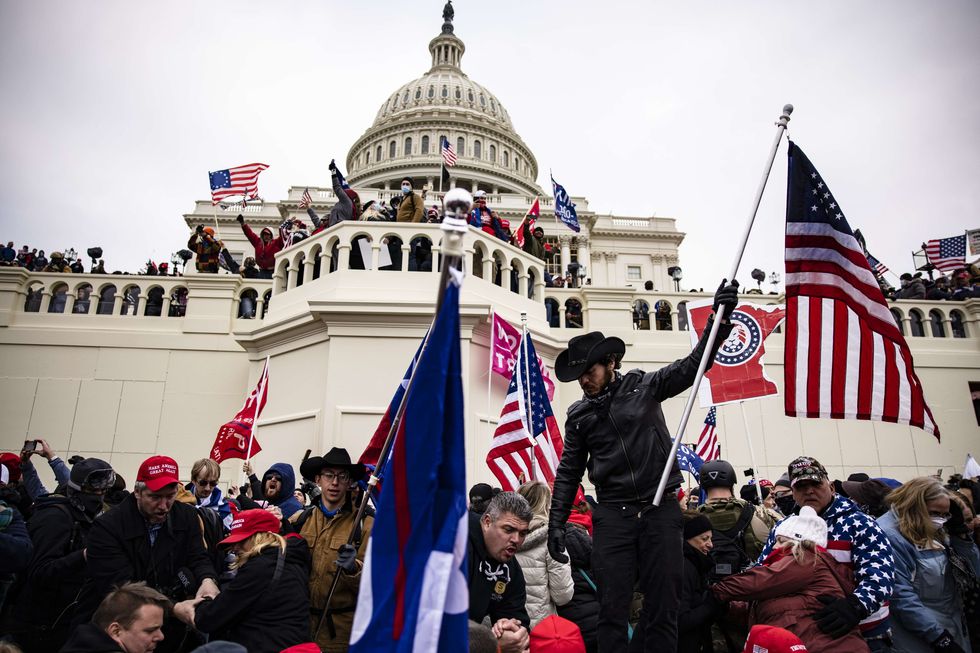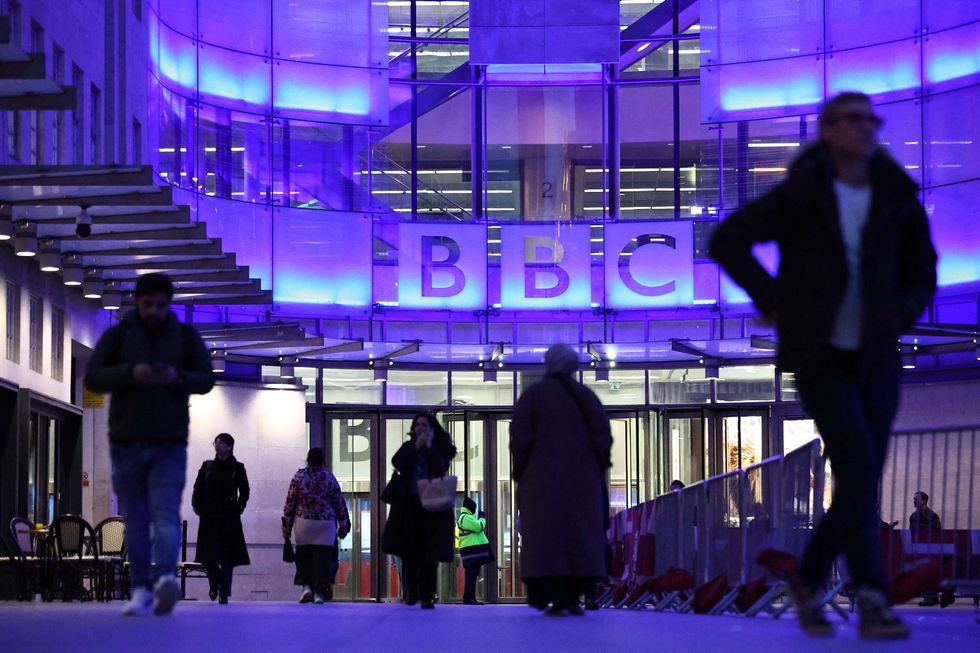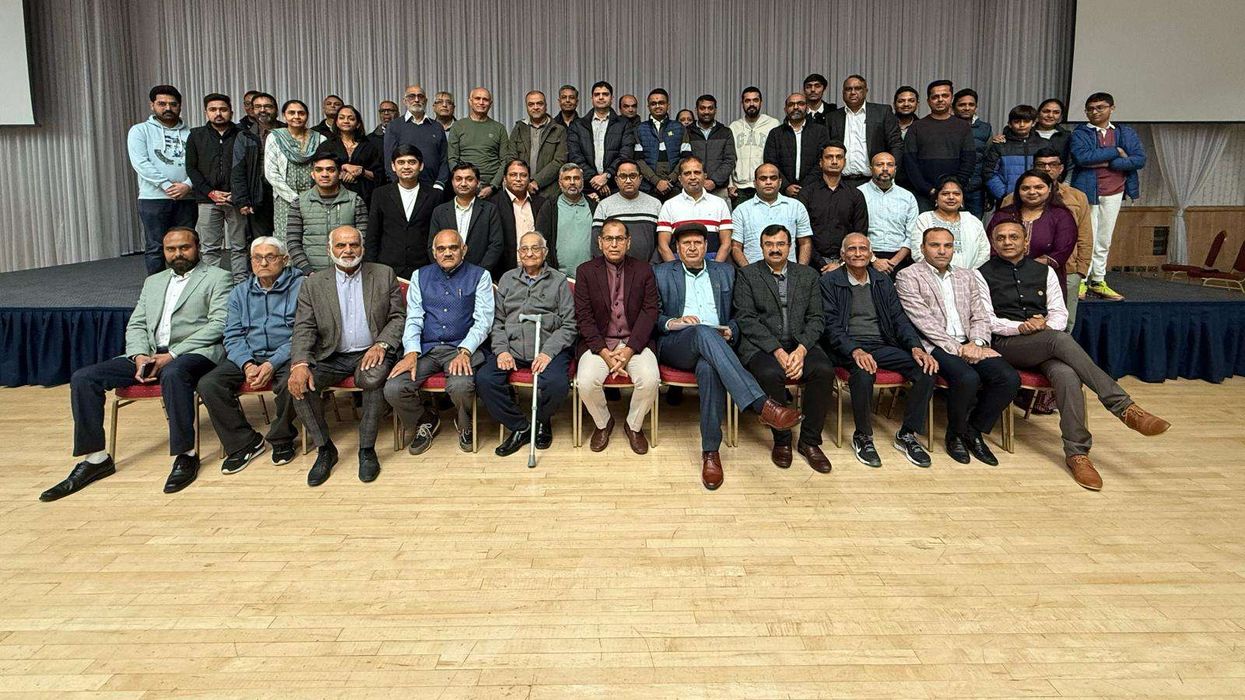by Barry Gardiner
Labour MP for Brent North and shadow secretary of state for international trade
FOR many months, we have been confronted with a series of choices and a series of false choices.
The country had to choose whether to leave or remain. Those in the cabinet had to choose whether to leave or remain in the cabinet. For many government members, the choice has become whether to leave with or without a deal. For many opposition members, the choice has been whether to call for a second referendum or to accept the first.
It is our choices that define who we are, both as individuals and as a country. For all the heart searching and the division these questions have caused, I am convinced more than ever that the real divide in our country is not between those who voted to remain and those who voted to leave but between the many who do the work, create the wealth and pay the taxes, and the few who set the rules, reap the rewards and so often dodge paying the taxes.
The real choice is choosing whose side we are on when we see injustice, unfairness and inequality.
In answer to that question, the Labour party has always, throughout its history, had one and only one answer. As the party of the many, we seek to heal the appalling divide that we now see in our society.
My constituents tell me they are fed up hearing about processes and amendments. They want to know how they will feed their children, pay their rent, how will they make ends meet if they have to move from their current benefit on to universal credit?
For millions of people in our country, the vote to leave expressed a feeling that the powers that be in Westminster no longer know, let alone care, what it feels like to walk in their shoes. At every level, there was a direct correlation between household income and the likelihood to vote for Leave.
The social divide in our country is real. I agree with my colleagues who say, “That was not caused by the European Union.” That is true, but nor did the EU provide a shield against it. It will not be solved if we become poorer by leaving the EU, but while we have been in the EU, the experience of those millions of people has been the loss of secure jobs, the hollowing out of their communities, and years of Tory austerity and harsh social policy. That
is why remaining in the EU does not appear to them to be a solution to the inequality we face.
Those people will feel nothing but anger and disgust for us as politicians if we turn around now and patronise them by ignoring and reversing the decision they gave us in the referendum.
The right to be heard is a key battleground in the history of our country, and it is at the heart of the age-old division between those who labour in silence and those who speak from a gilded platform.
When the referendum result came in, those who voted to leave finally felt that their voices had been heard. Parliament has to understand that despite the social chapter and the goodwill of our MEPs, the EU did not present itself as a champion of the voiceless.
It was against that backdrop that the prime minister had an opportunity to put together a future that met the aspirations of those voters. She could and should have recognised that when our fellow citizens are divided 52 per cent to 48, it is the time not to go back into the political bunker, but to reach out. She should have tried to build a consensus across parliament that would have united our country. That would have been leadership, but, instead, she doubled down, put her party interests before the country and tried to appease the rightwing European Research Group.
After becoming the first government ever to be held in contempt of its own parliament and after her deal was defeated by the largest majority in parliamentary history, she now claims to be reaching out. But it is one thing to reach out in a genuine willingness to change her red lines. It is quite another to do so saying she just wants MPs to help get
her failed red lines accepted.
I do not deny that the prime minister has shown steel and determination, but there is a point at which steel and determination become obstinacy and recklessness, and she has gone far beyond it. From the CBI to the TUC, from the ferry operators at Dover to the farmers and factory workers of Aberdeen, “no deal” is universally recognised as a disaster. It is right that the government should rule this out instead of keeping it as a gun to MPs’ heads.
This week the government will make a new proposal to parliament and MPs will respond with various amendments. Ken Clark, the Conservative father of the House, in a telling intervention, has set out what is perhaps the clear common ground that could command a majority in parliament. He said, “If we are maintaining an open border where there is a land border, it can only be done in a modern economy by having some form of customs union applying to both sides of the border.”
Happily, that also happens to be Labour policy.





 Crowds storm the US Capitol after the rally
Crowds storm the US Capitol after the rally The BBC office in London
The BBC office in London






